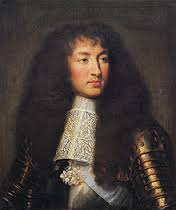
Absolutism and Louis XIV
Louis XIV was a ruler who had absolute power. This occurred during the period of Absolutism where one person obtained absolute power. Absolutism was a type of monarchy where the ruler of the area had complete power. There were no checks and balances for the individual in authority like there is today in the United States.
Louis XIV was an example of a ruler with absolute power. He was born on September 5, 1638 in Saint Germain-en-Laye, France. Louis XIV was the planned regent for the throne after his father died. However, after his father died the real power was handed to his mother Anne’s advisor, Cardinal Mazarin. Louis was five at the time. However, it wasn’t until 1661, after Mazarin’s death that Louis finally took over the throne began ruling as a King. By this time, France was not economically strong after the Thirty Years War. After Mazarin’s death Louis took absolute power as the new king of France.

His Early Years of Ruling
Although Louis was handed the throne at the age of five in 1643, he did not fully take on the position until he was 22 years old. By the age fourteen Louis had acquired an education in horseback riding, dancing, hunting, and the uses of power. As Louis matured, he developed a hatred for anyone who would seek to limit his authority. His sense of power originated from the fact that during his reign he maintained France powerfully and in a unified way. A French Bishop by the name of Bossuet declared that monarchs had to right to rule, he also stated that kings were God’s anointed representatives on earth. From the very beginning of his reign until the end, he engaged in very unsuccessful expansionistic wars. His primary goals were to expand the territory and spread the faith of Catholicism.
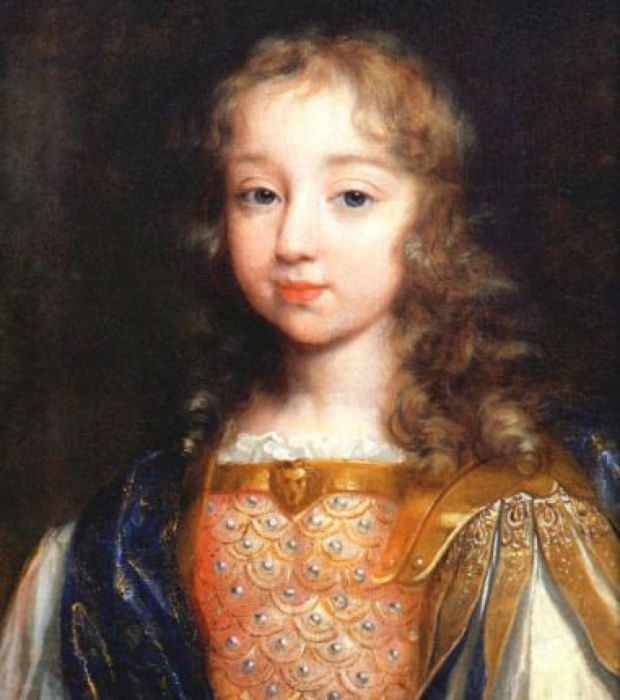
His relationship With the People and the Church:
Louis was a Catholic and his two primary goals as a ruler were: To expand the territory and to spread Catholicism. Louis despised Calvinists and Protestants and wanted to eliminate their faith and convert all individuals who weren’t Catholics. He desired entire control over the Netherlands due to its economical power because he wanted to do away with all Protestants and Calvinists. He demanded the state of France to finance the largest European army (it consisted of 280,000 men). This war led to poverty and the decline in economics for the French people. The Protestants despised Louis.
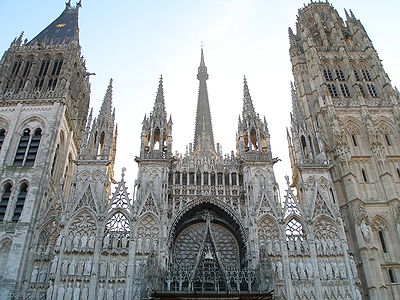
Internal Conflict Within The Country
Within France Louis struggled with the growing religious tension. After he declared that protestants could not practice their own religion and everyone had to practice catholicism, his religion, many protestants fled. This affected France so much because a lot of the protestants were the working class leaving a big gap in France’s social order and economy. Louis also squandered a lot of France’s money on the Court of Versailles, rather for international gain. This did not help France’s ailing economy from all of the wars he was in
External Conflicts and Wars (Foreign Affairs)
In 1667, he launched the invasion of the Spanish Netherlands, this war ended when the French surrendered and gave the land back to Spain. In addition, Louis XIV engaged his country in the Franco-Dutch War from 1672 to 1678, when France managed to obtain more land in Flanders and the Franche-Compté. The victory led France to dominant power. In the War of Devolution (1667-68) Louis had an army of 72,000 troops, led by two veterans of the Thirty Years War – Henri de la Tour d’Auvergne, Viscount Turenne and Louis de Bourbon, Prince of Condé- quarrel with Spain over Spanish Netherlands. In May 1668, England and the Dutch they joined with Sweden to form the Triple Alliance against France. Equally alarmed by French aggression, Spain made peace with Portugal. Recognizing the growing forces against him, Louis made a secret treaty with the Holy Roman Emperor, Leopold I, in which Leopold agreed to French expansion into the Spanish Netherlands after the death of Charles II of Spain. (This death was expected to be soon, as Charles was such a sickly child).
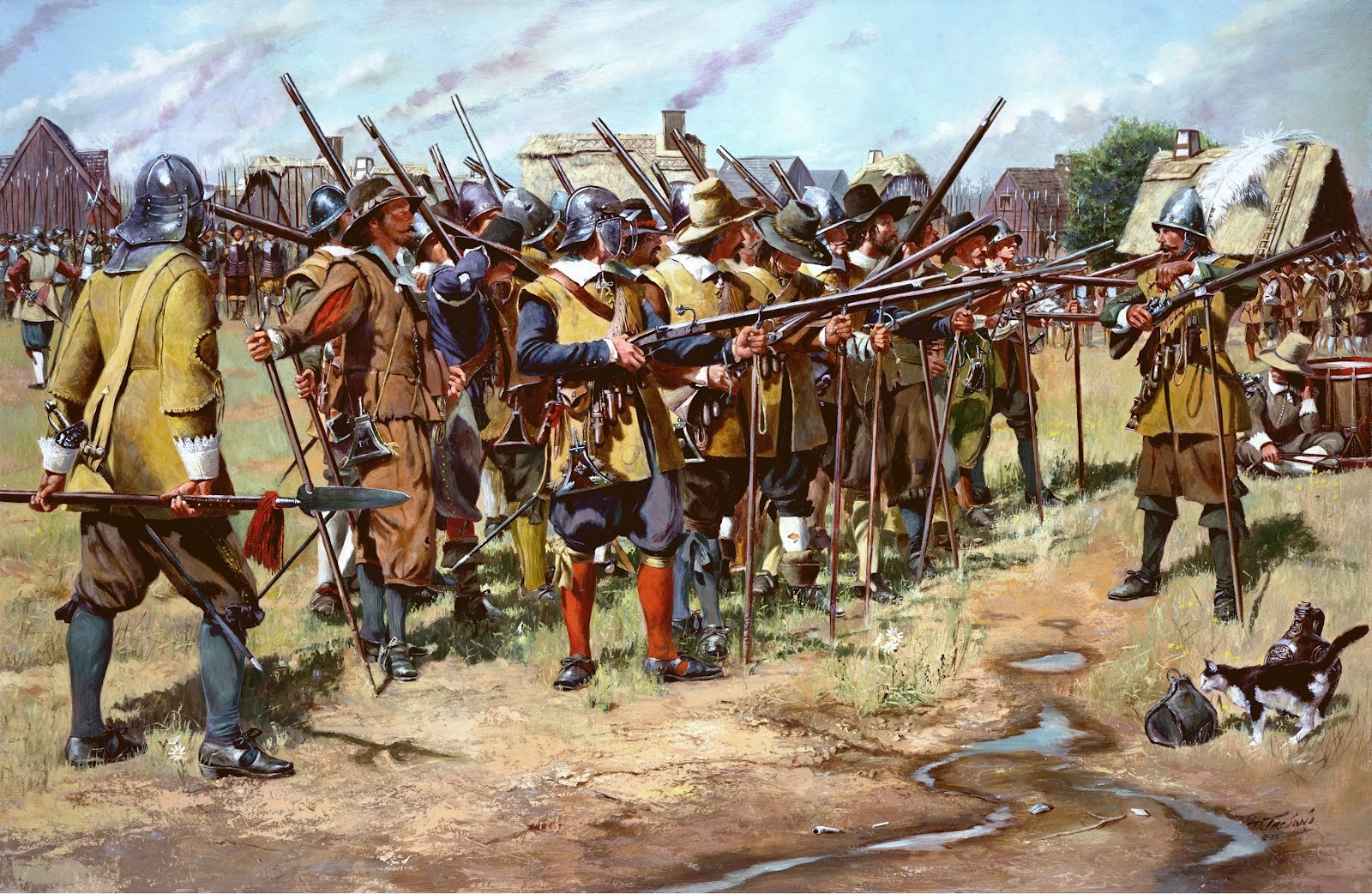
Contributions That Louis XIV Made As King of France:
Louis made many positive and negative contributions for France. A positive is he made the government more centralized and powerful by establishing a more refined court. He also strengthened France’s military system. In addition, he was a strong patron of the arts and build the Palace of Versailles. Some negative things he contributed was the growing religious discord. He also left the country in financial devastation from his aggressive views on expansionism. He went to war with Austria and its allies, Prussia, Netherlands, and England, who were all major European powers. Also the war of Augsburg, which France lost, left the country in financial devastation.
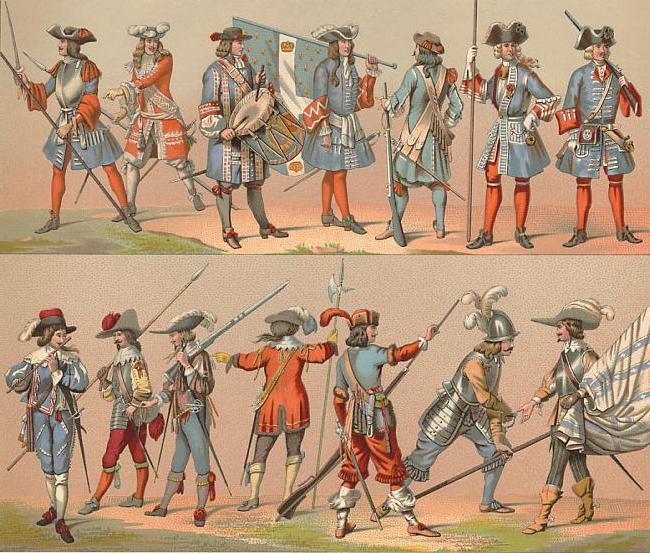
Antecodes
Although Louis did not have any anecdotes he was known for many things. First he was the longest ruler of France, for 72 years. He was known as the Sun King because he was a gift from god for being a direct air to the throne. He then took on that name because France revolved around him as the planets did around the sun. He is also known for his saying “L’etait c’est moi,” or I am the state because he holds absolute power. He is also known for being an unfaithful husband because his mistress had more of his children than his actual wife.
How Does Louis XIV Relate to The Absolutism Period?
Louis XIV is a perfect example of an absolutist government. First he ruled with absolute power. This means there were no checks on his ruling and power. He also was very military focused and that was where he put a majority of his funding. He established a class system in France and treated the wealthy class with respect while disregarding the lower class.
Bibliography
Bernier, Olivier. Louis XIV a Royal Life. New York: Double Day, 1987.
“France Under Louis XIV.” Cambridge Histories Online. https://www.cambridge.org/core/services/aop-cambridge-core/content/view/45346024A6670EEB2887FA7786954C6D/9781139055802c10_p222-247_CBO.pdf/france-under-louis-xiv.pdf.
Hatton, Ragnhild, ed. Louis XIV and Europe. N.p.: Ohio State University Press, 1976.
“Louis XIV.” Research Starters. http://eds.a.ebscohost.com/eds/detail/detail?sid=a4eee365-bc5f-4e52-a925-8cf5bb2eef74%40sessionmgr4007&vid=1&hid=4202&bdata=JnNpdGU9ZWRzLWxpdmU%3d#AN=88070276&db=ers.
“Louis XIV Called the ‘Sun King.'” Credo Reference. http://search.credoreference.com/content/entry/heliconhe/louis_xiv_1638_1715/0?searchId=2456294b-f53f-11e6-907d-0aea1e3b2a47&result=6.
Mitford, Nancy. The Sun King. Italy: Harper and Row Publishers, 1966.
Published: Feb 16, 2017
Latest Revision: Feb 19, 2017
Ourboox Unique Identifier: OB-249052
Copyright © 2017








